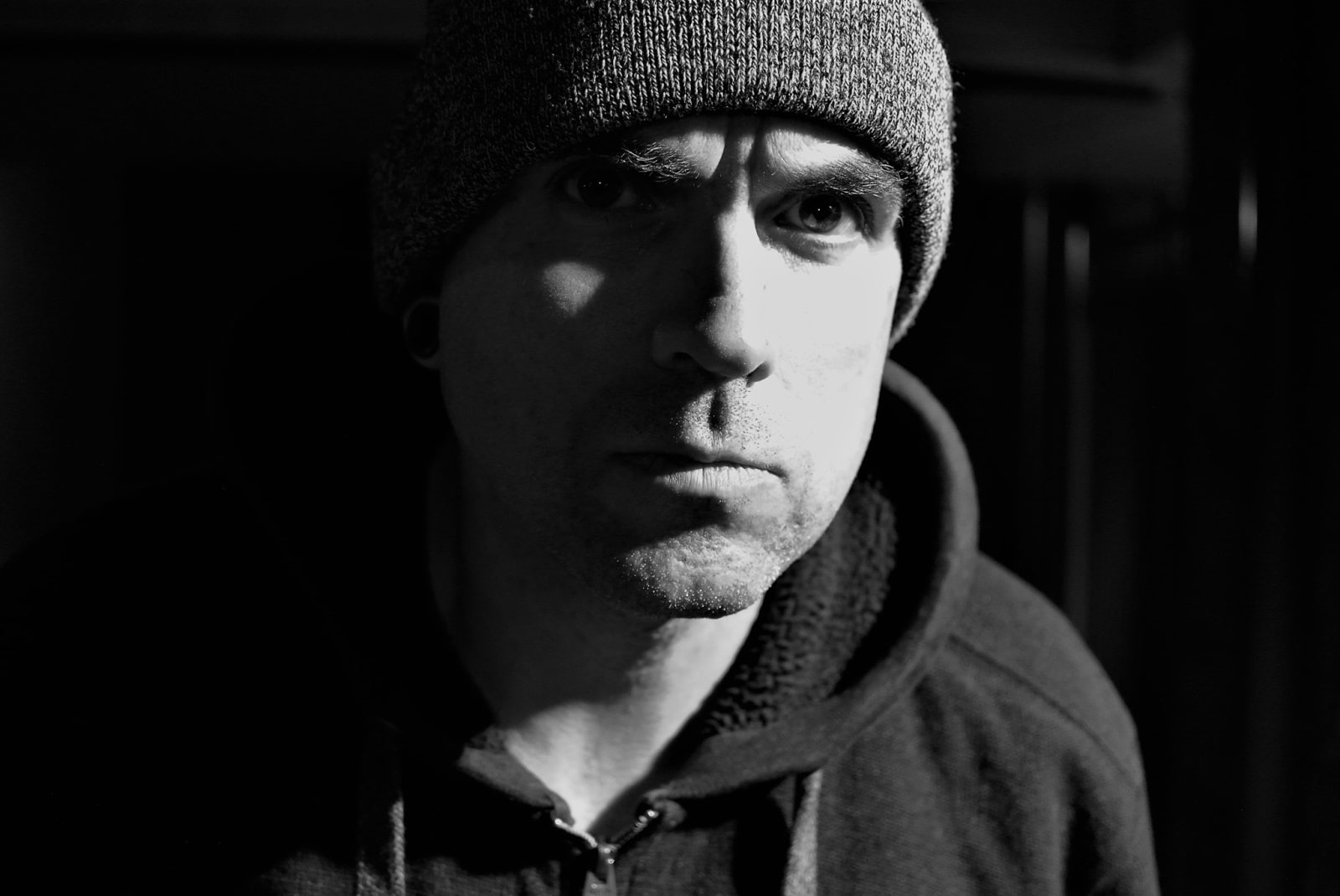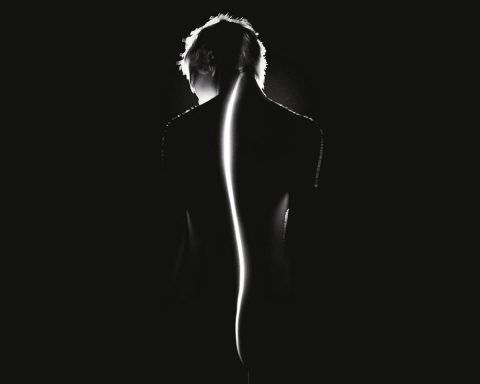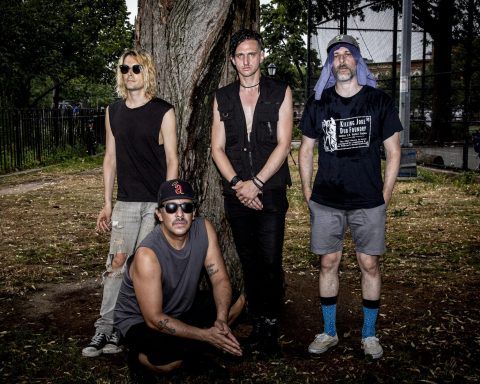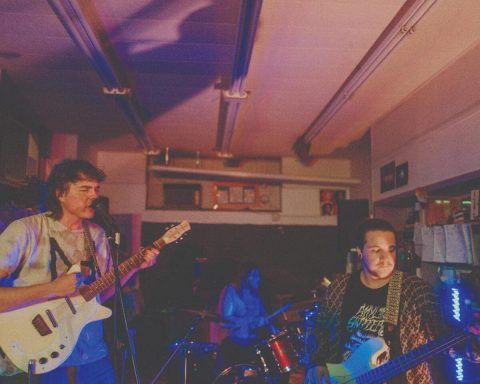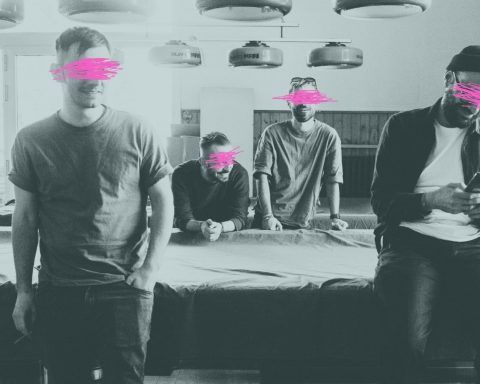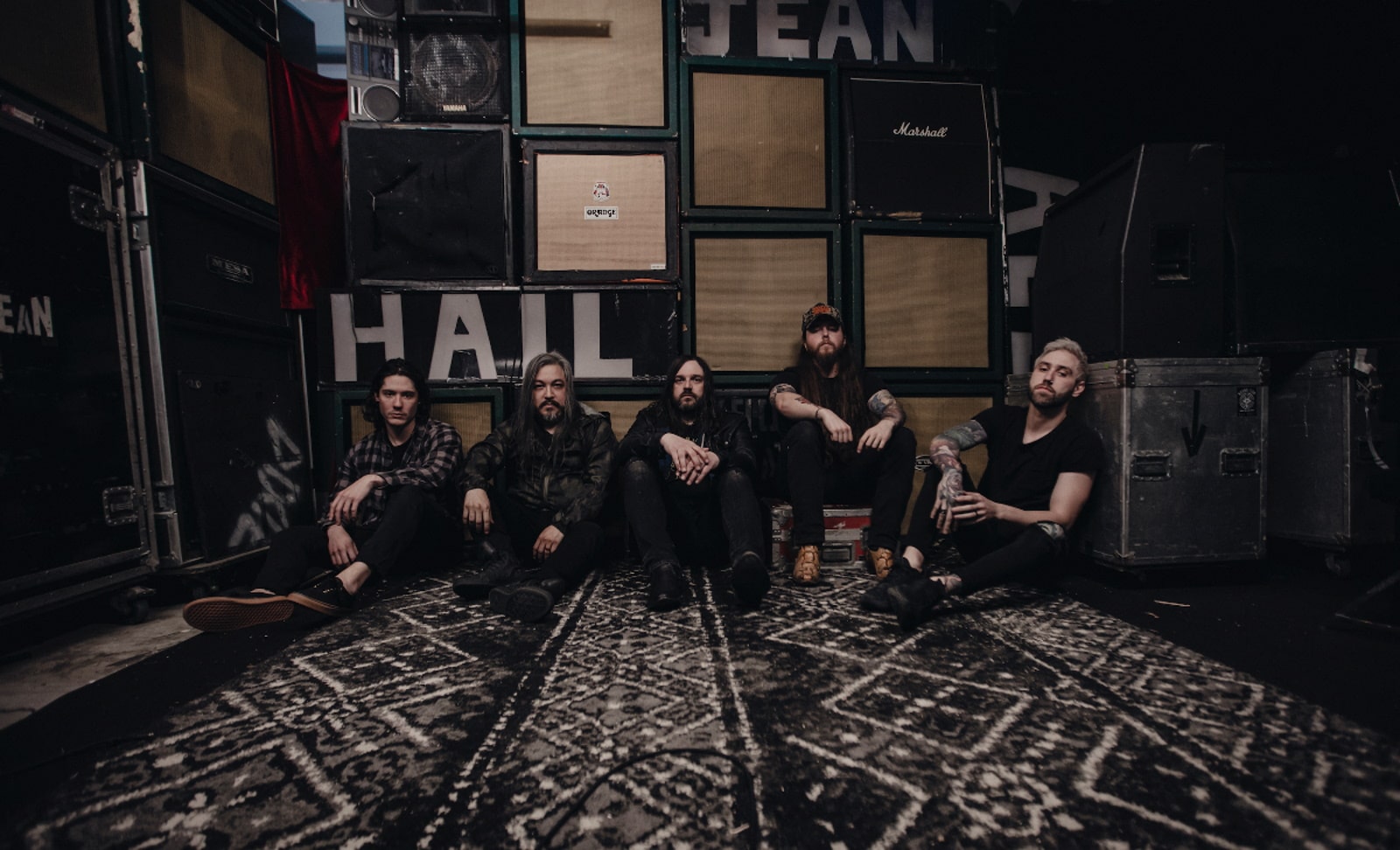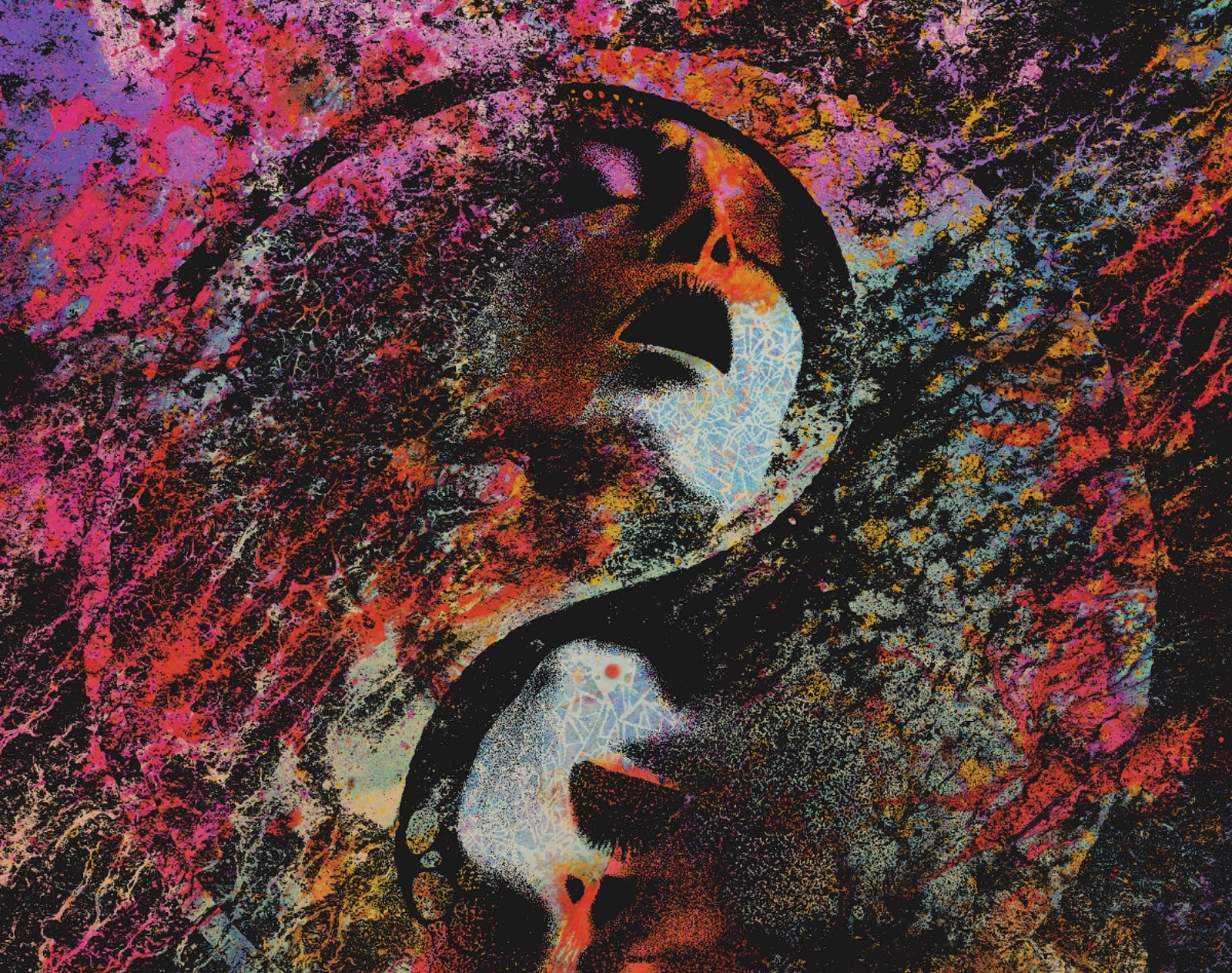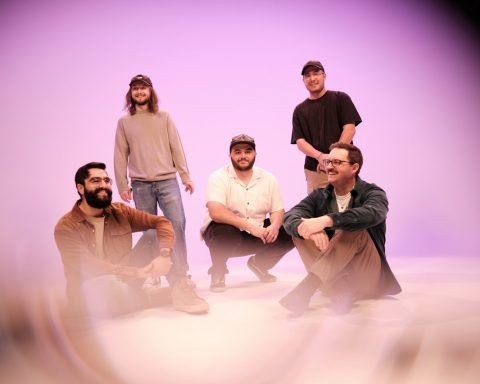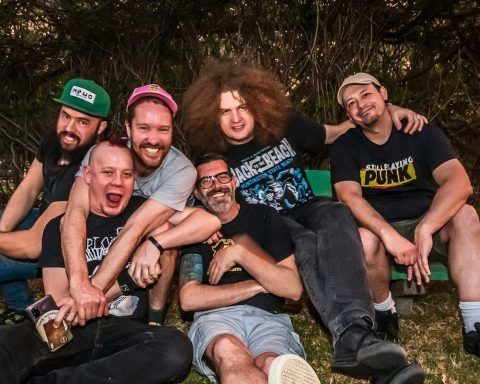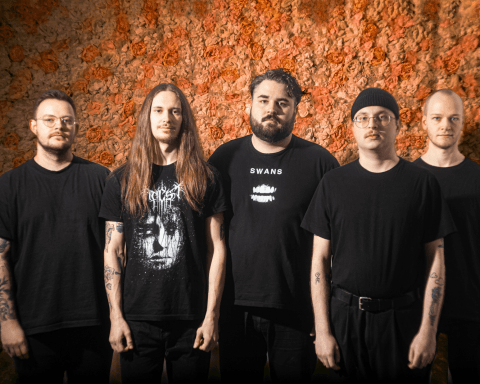It’s no secret that the lockdowns and other social restrictions of the Covid era prompted people all over the world to take on creative projects of all kinds. Some relished the time suddenly available to them to realize some deeply personal ambition; some found themselves struggling with loss or loneliness and sought an outlet for their feelings; some simply took the opportunity to explore roads not yet taken.
I can’t presume to know which of these paths, if any, led the other artists featured here to release their first recordings at this particular time. But I know that in my own case, the UK’s first lockdown in the spring of 2020 found me re-evaluating my relationship with music. I’d sold all my instruments and recording gear two years earlier after a brain haemorrhage affected my ability to play guitar; but was I really ready to give up on the whole idea of making music? I decided the answer was ‘no’, bought myself a MIDI keyboard and some recording software, and by the time of the second lockdown in the autumn, I was writing the tracks that became the first Glass Pavilion album.
Post-rock as a genre has always been a broad church, has always attracted one-person projects, has always embraced experimentation, and has always been at home both with quiet introspection and with powerful expressions of emotion. So it’s no surprise, really, either that the music I ended up making fell roughly under the post-rock umbrella, or that so many other musicians found themselves sheltering there at around the same time.
The list of artists here is not supposed to be an objective survey of this loosest of ‘scenes’, although I have tried to choose projects that represent the sheer quality and variety of music being made within it. Rather, it’s a personal view of some of the artists I’ve been lucky enough to discover as we’ve travelled this road in parallel.
Some of the following artists were featured in this recent MOGWAI tribute compilation special here on IDIOTEQ.
54daysathome
I’m listing these projects in alphabetical order, but as luck would have it this puts 54daysathome in first place. You couldn’t ask for a neater illustration of the pandemic’s role in inspiring/enabling the creation of music than this project’s self-titled debut album (2020), written and recorded by Jorge S. Salcedo while isolated in his London apartment during the lockdown of spring 2020. Sitting on the experimental fringe of post-rock, it features nine minimal pieces in which (often) piano and (sometimes) processed orchestral sounds share space with dense electronic soundscapes, creating an atmosphere that balances quiet reflection with creeping unease.
This could easily have been a ‘one-and-done’ project, but thankfully 54daysathome has chosen to stick around – although his recent collaboration with hereafter, Virion, represents a radical departure from his debut, embracing as it does the more ‘rock’ elements of ‘post-rock’.
AtonalitA
The brainchild of Iranian multi-instrumentalist Siamak Ghorbanian Aghdam, AtonalitA’s use of violin and ‘nylectric’ – a hybrid instrument that adds a folky, mandolin-like effect to many of his tracks – helped to define the unique sound showcased on debut album Farewell (2021). It’s a mostly low-key, intimate and drum-free album in which you feel that the artist is inviting you to sit and share these quietly emotive pieces with him as they slowly unfold – which only serves to increase the impact when a more strident, rhythmically driven track does arrive.
The Glass Pavilion
When I first plugged in my new 32-key MIDI keyboard in the early summer of 2020 (see above), I think I expected to end up making synth-based music by default. But being an ex-guitarist, and more a fan of guitar music in various forms than of electronic music, I found myself naturally writing chord progressions as if for guitar, and using virtual guitars to play them. With the addition of virtual bass and drums, and using synths mostly in lieu of effects pedals to add extra layers of processed guitar-like sounds, I arrived at a sound blending slow-burning, clean guitar arpeggios with hazy shoegaze textures – a sound that seemed to lend itself to the mood of warm melancholy I was trying to achieve on the debut Glass Pavilion album, When the Blazing Sun is Gone (January 2022). On the follow-up, Consolation (out July 22, 2022), I hope I’ve managed both to refine that sound and to push beyond it by broadening my sonic and my emotional palette.
Non È Nulla
After I selected Non È Nulla for inclusion in this feature, I realized the artist had actually released a Bandcamp-only EP in 2019, before the pandemic and hence before my general cut-off of 2020 for a debut release. But I’ve decided to cheat and keep him in, simply because his album Giove (2022) is my personal favourite of all the releases I mention in this feature.
Written and recorded by its creator Marco Corradi in a matter of weeks after a two-year break from music, it’s an utterly unpretentious album that touches on some ‘big’ genres – it frequently has a prog/space rock vibe – but has no interest in pumping itself up into some sort of overblown, overproduced Grand Statement. Musical themes that in other hands would be built up into lengthy passages of riffing and milked endlessly, here stick around just long enough to achieve their desired effect before making way for the next idea, and the next, often all within the confines of a three- or four-minute track. The end result is an album that manages to be emotive, expansive, even otherworldly, all while maintaining a likeably indie, DIY aesthetic.
Non Somnia
Carlos Herrera’s Non Somnia neatly illustrates one of the great advantages of making music alone in a studio: each track can be constructed in whatever way best serves the composer’s intentions, rather than being fitted to a ‘band’ template. On the albums Stella Meae (2021) and Gehenna (2022), Non Somnia uses this freedom to create epic tracks that might consist of little more than solo piano, or perhaps piano and strings, for half their running time, before seemingly a full band is summoned to overwhelm the listener with a black metal-influenced wall of guitar and drums – only to leave the stage again to make way for a the next emotional twist in the tale being told. The overall effect is an atmosphere so thick you could cut it with a knife.
With this one, we’re out on the fringes not just of post-rock, but of music full stop. The artist’s first release was the Chronodepression EP (2021), which features seven tracks assembled mostly from manipulated ‘found sounds’ – whether footsteps, dripping water, or totally unidentifiable hums, thuds and hisses – which sometimes coalesce into rhythmic patterns or create a suggestion of harmony (or dissonance). Only on a couple of tracks do recognizable instruments appear and lead the way – as on the extraordinary A Loss of Command and Control – but the whole makes for an intriguing listen, and the artist’s recent, blistering cover version of Mogwai’s Like Herod (on tribute album Take Me Somewhere Nice) only adds to the intrigue about what he might do next.
Max Penticost
Positioned at the electronic, ambient end of the post-rock spectrum, Max Penticost has described his debut EP and a Stillness Washed Over Me (2021) as an attempt to capture a particular feeling of comfort and clarity, one that he associates with moments in which when the world has seemed to fall away as he gazes out of the window by the desk where he composes his music. On those terms, it’s surely a success – and in framing isolation as a place of warmth and safety, rather than loneliness and unease, it makes a fascinating contrast with the most ambient of the other records mentioned here, 54daysathome.
Signal Source Unknown
Edinburgh-based Signal Source Unknown is another project embarked upon explicitly as a response to the pandemic – ‘Rising from a desire to contrast the fear and uncertainty of that time with new music that reached for a more optimistic view of the future,’ as its creator Ewan Scott puts it. As yet the project has only a few singles to its name – tracks that typically flirt with melancholic isolation in quieter, piano-led sections, before sweeping you up in a guitar-driven wave of determined hopefulness. Avowedly inspired by the beauty of the Scottish landscape, the effect is somewhat like focusing on a single detail in nature before zooming out to see the grandeur of the whole.
Thistle Sifter
The artist behind Thistle Sifter, Pete Barnes, has said that the tracks on his debut album A Spectral Moon (2022) were originally written as a sort of trauma therapy after a serious cycling accident left him bedridden in November 2020. We should be thankful that he chose to release them, because A Spectral Moon is a subtle and lovely album, full of fragile, atmospheric tracks that often seem to hover in the space between sleeping and waking – a space of stillness and calm but also of disorientation and unreality.
Thought Trials
One way or another, the music made by most of the artists on this list serves to illustrate the peculiar mixture of limitation and liberation involved in making music alone in a studio (or simply on a laptop). Put simply, they sound like solo projects on some level. You can’t really say that of Thought Trials: Josh Martin’s project manages genuinely to sound like a full band, and a well-rehearsed, well-recorded band at that, a band ready to take on the biggest names in post-rock on their own terms. Little wonder, then, that there’s such a palpable buzz around his debut album, Full of Sound and Fury, Signifying Nothing (2022).



